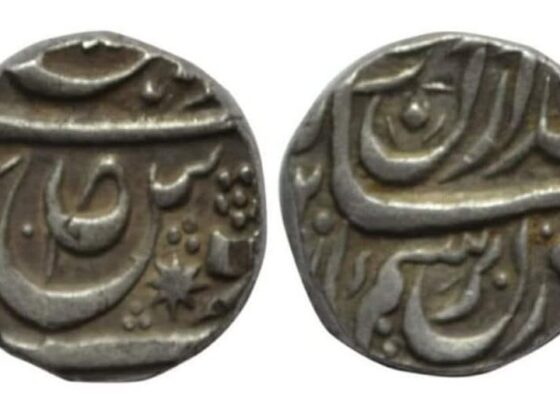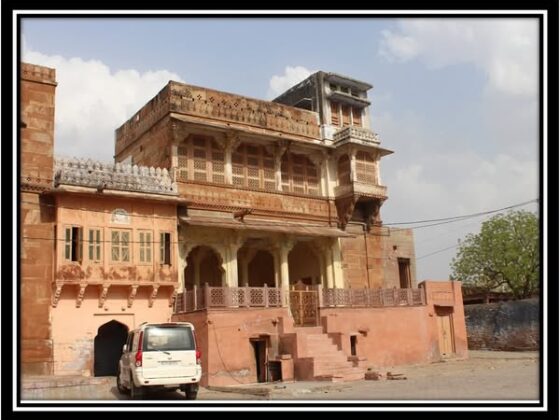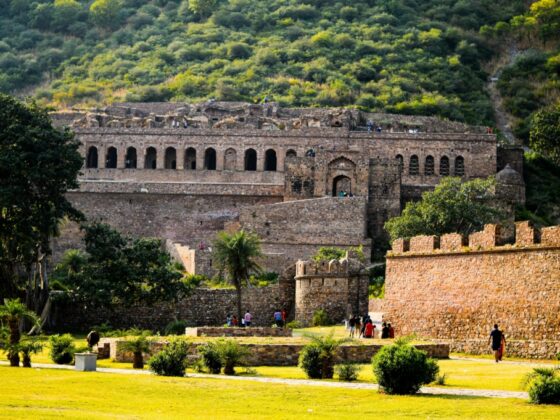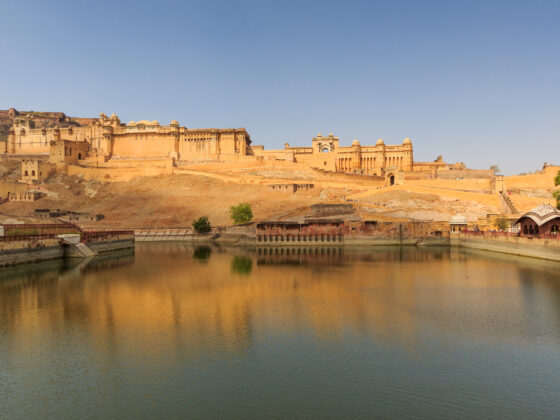Raja Jyoti Prasad Singh Deo: A Legacy of Leadership and Heritage
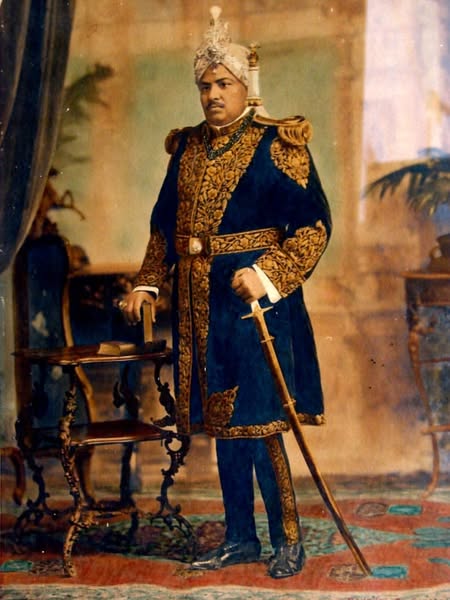
Introduction
Raja Jyoti Prasad Singh Deo was a prominent ruler known for his visionary leadership, cultural patronage, and contributions to governance. His reign marked a significant period in history, characterized by progressive policies, social reforms, and efforts to preserve the rich heritage of his kingdom. In this article, we delve into his life, achievements, and the enduring impact he left on his people and region.
Early Life and Background
Born into a royal lineage, Raja Jyoti Prasad Singh Deo was groomed from an early age to assume leadership responsibilities. Furthermore, he received an extensive education in administration, warfare, and cultural studies, which played a crucial role in shaping his governance approach. His early years were marked by a keen interest in the welfare of his subjects, and he soon emerged as a leader with a deep sense of duty.
Contributions to Governance
Administrative Reforms
Raja Jyoti Prasad Singh Deo was instrumental in modernizing the administrative framework of his kingdom. Consequently, he introduced systematic policies for revenue collection, land reforms, and judiciary improvements. His governance model emphasized transparency and efficiency, which, in turn, led to economic stability and social harmony in his realm.
Development Initiatives
One of his most remarkable contributions was his focus on infrastructure and public welfare. Notably, he implemented irrigation projects to boost agriculture, developed road networks to facilitate trade, and encouraged educational institutions to promote literacy. As a result, his reign saw significant progress in health and sanitation, improving the overall quality of life for his people.
Patronage of Art and Culture
Promotion of Traditional Arts
A great patron of arts and culture, he played a pivotal role in preserving and promoting traditional music, dance, and craftsmanship. In addition, he provided support to artists, poets, and scholars, ensuring that cultural heritage thrived under his rule.
Architectural Marvels
His love for architecture led to the construction of magnificent palaces, temples, and public buildings. Moreover, these structures not only served functional purposes but also stood as symbols of artistic excellence and cultural identity. Many of these historical landmarks continue to be revered today.
Social Reforms and Welfare
Education and Women Empowerment
Understanding the importance of education, Raja Jyoti Prasad Singh Deo established schools and learning centers, making education accessible to a larger section of society. Additionally, he championed the cause of women’s empowerment, promoting female literacy and encouraging their participation in various fields.
Upliftment of Marginalized Communities
His policies were inclusive, ensuring the upliftment of marginalized communities. Consequently, he introduced social welfare programs, provided land grants, and supported cottage industries to enhance economic opportunities for the underprivileged.
Military and Defense Strategies
To safeguard his kingdom from external threats, Raja Jyoti Prasad Singh Deo strengthened his military forces. Furthermore, he implemented strategic defense measures, fortified key locations, and trained soldiers in advanced warfare techniques. His military acumen ensured the security and stability of his region.
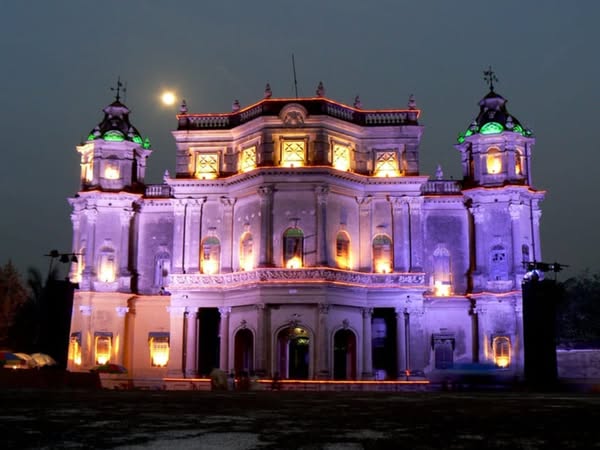
Legacy and Impact
Raja Jyoti Prasad Singh Deo’s reign left an indelible mark on history. His contributions to governance, culture, and society continue to inspire generations. Moreover, the progressive policies he introduced laid the foundation for future developments, and his commitment to cultural preservation ensured that traditions were passed down through the ages.
Even today, his legacy is celebrated through cultural festivals, historical commemorations, and the continued admiration of the architectural marvels he commissioned. Therefore, his vision of a prosperous and harmonious society remains a guiding force for many.
Conclusion
Raja Jyoti Prasad Singh Deo was more than just a ruler; he was a visionary leader whose impact transcended generations. His dedication to governance, cultural enrichment, and social welfare cemented his place in history as one of the most influential leaders of his time. As a result, as we remember his legacy, we acknowledge the enduring influence of his principles and contributions in shaping history and heritage.



